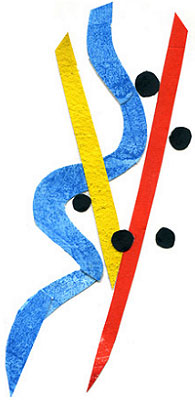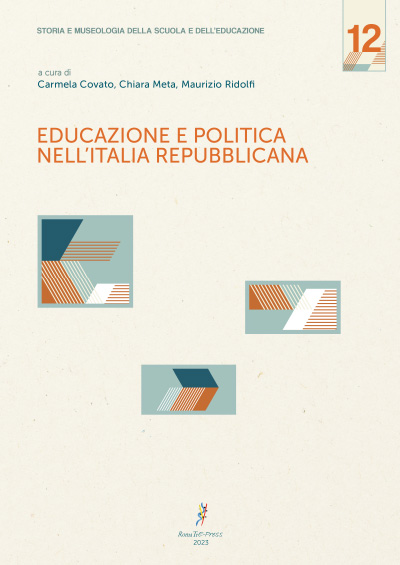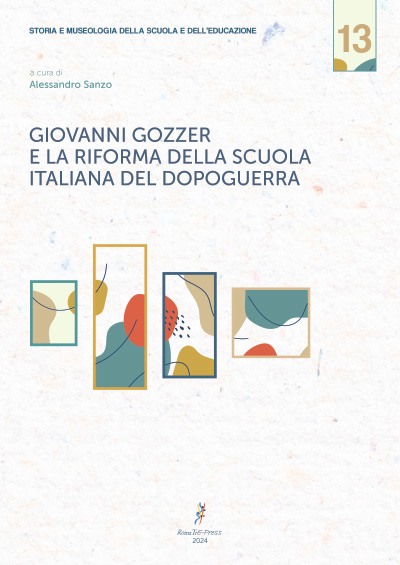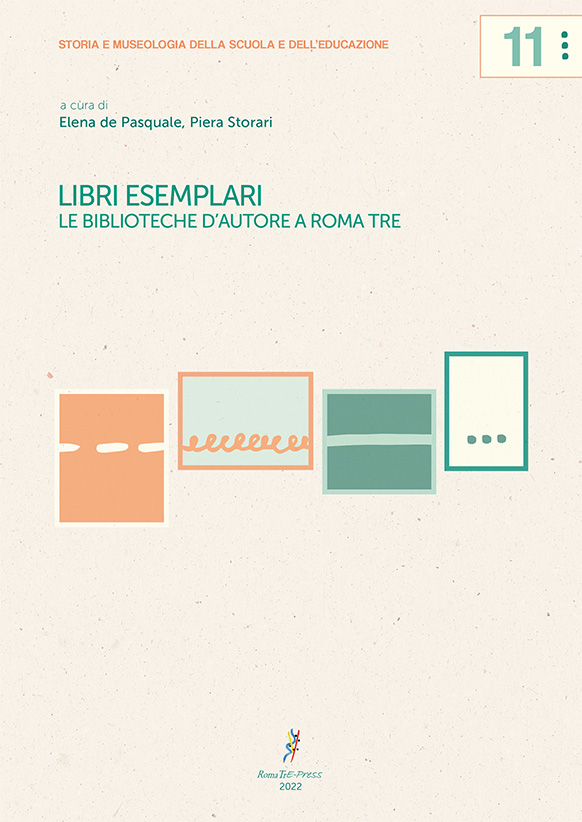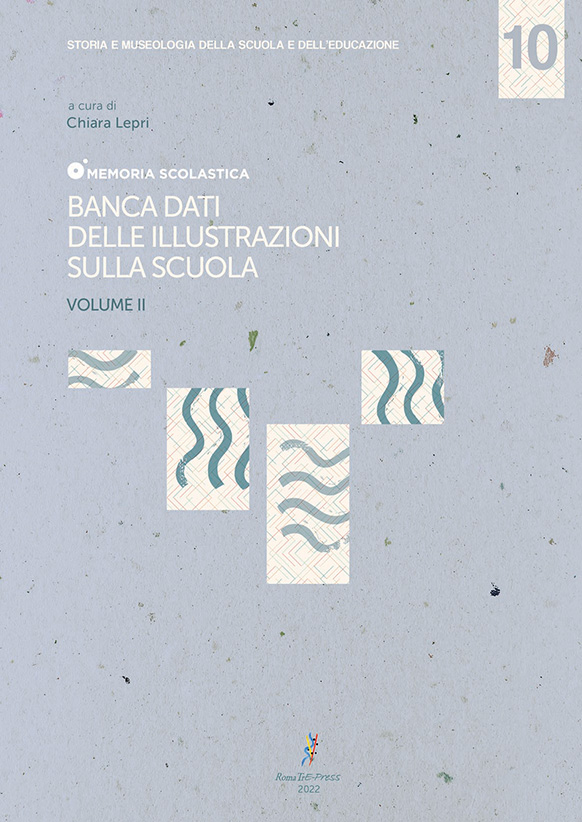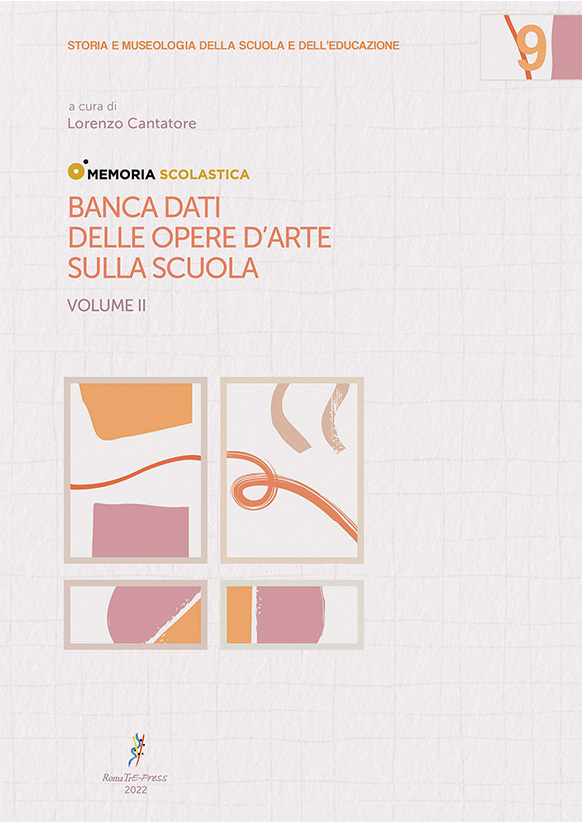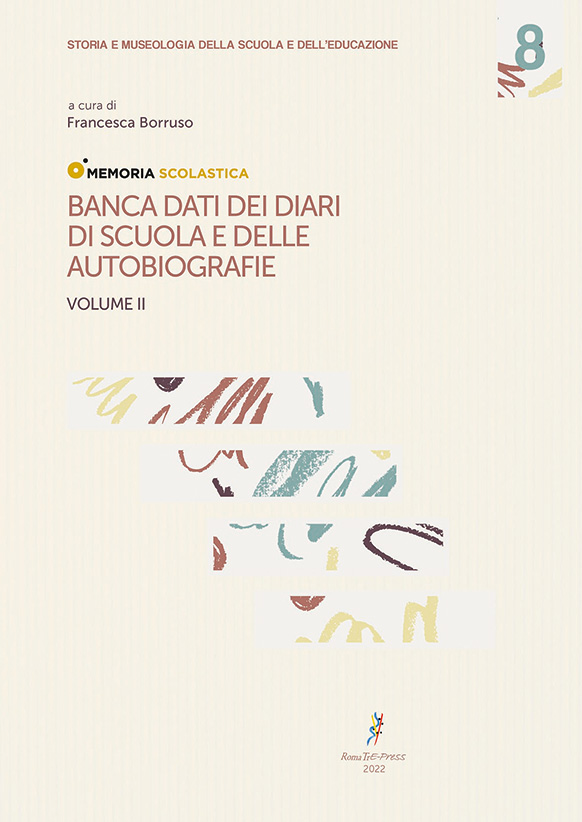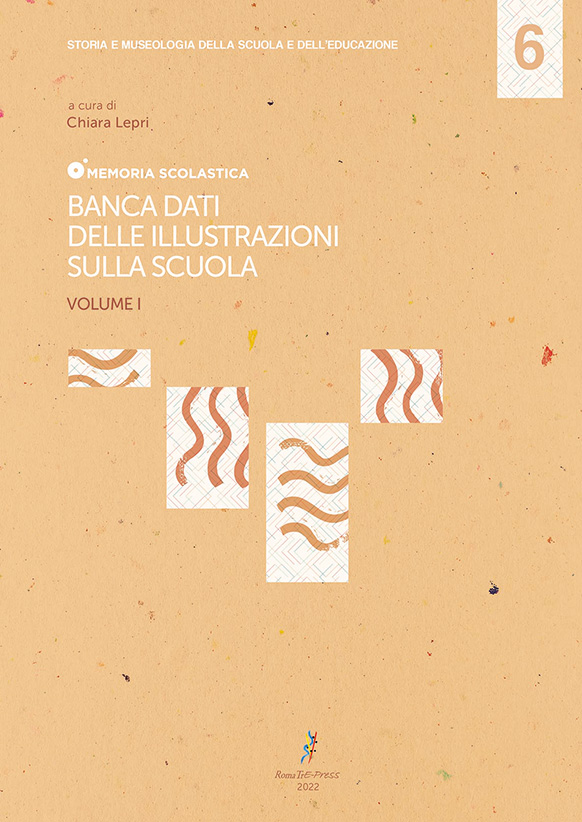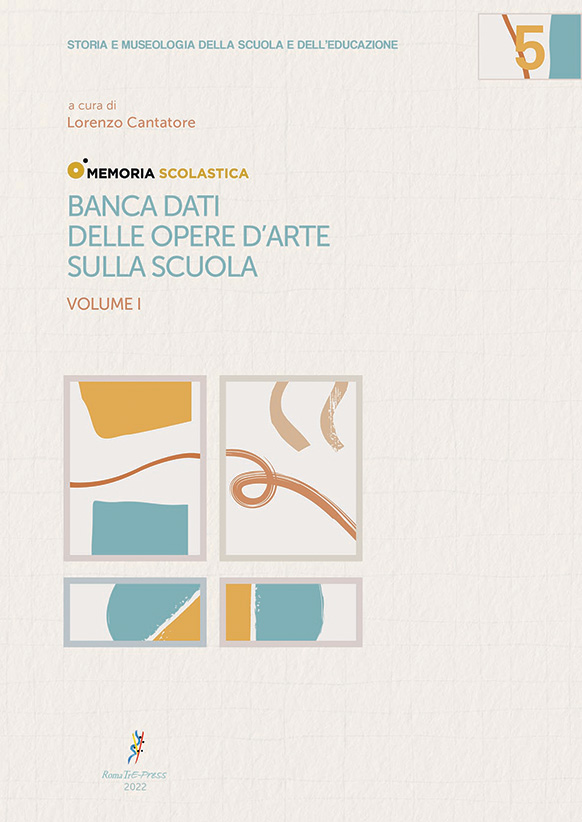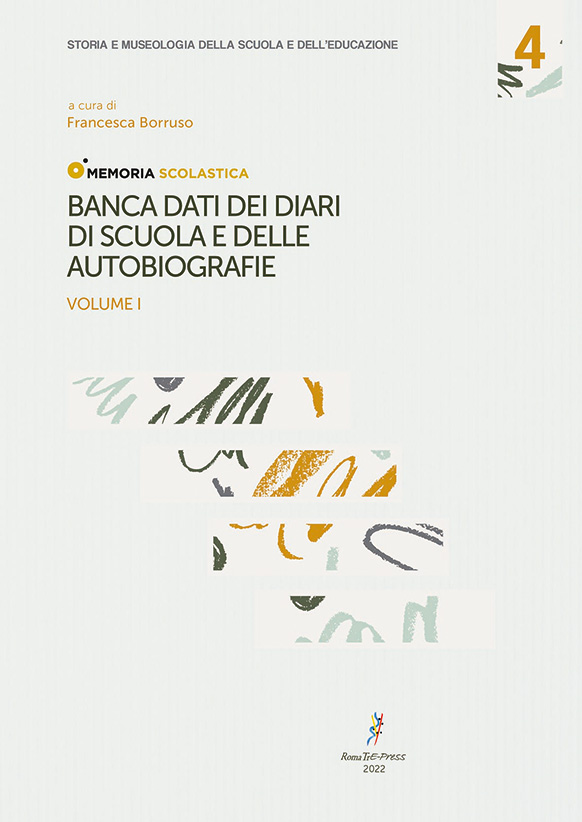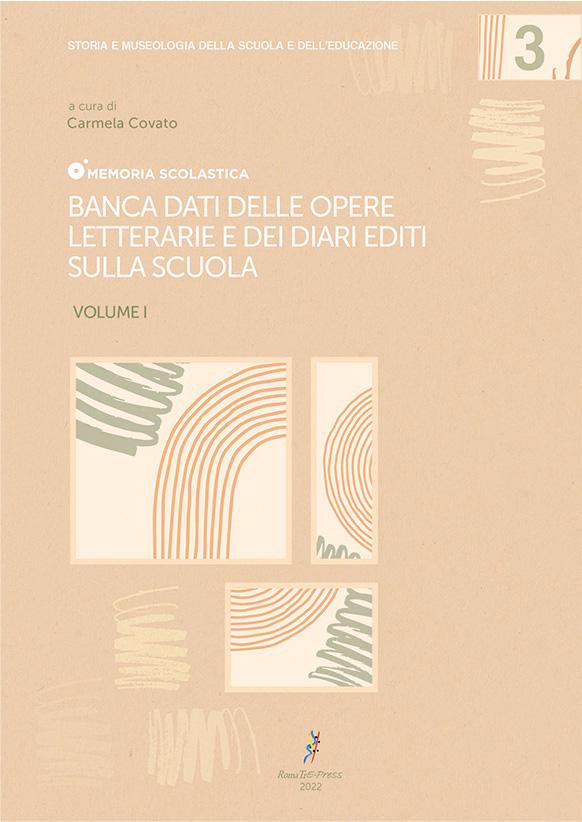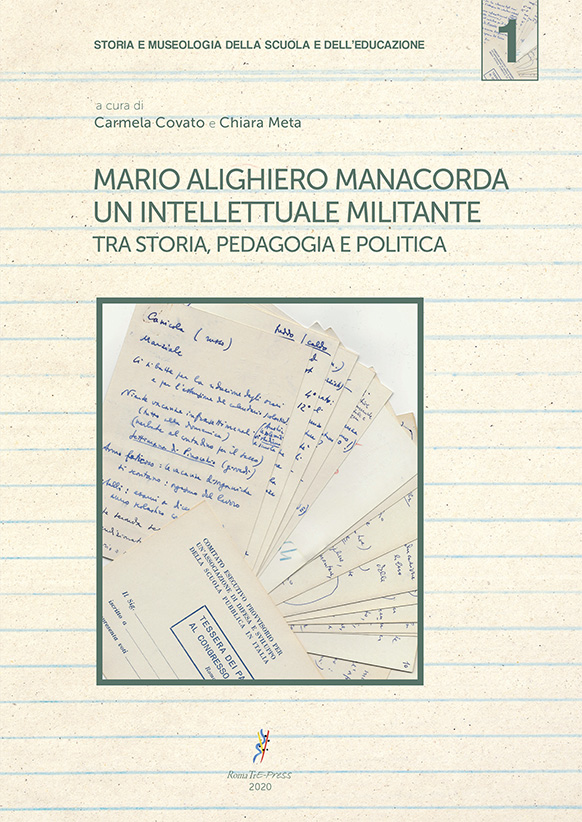Abstract

Il volume raccoglie, in una versione ampliata, i contributi presentati in occasione del seminario ‘Educazione e politica nell’Italia repubblicana’, svoltosi presso il Dipartimento di Scienze della Formazione Roma Tre, il 12 maggio del 2022. Il volume intende mettere in luce, nel confronto tra storici contemporaneisti e storici dell’educazione, come, nella storia delle complesse vicende che hanno riguardato il sistema formativo italiano dalla ricostruzione post-bellica in poi, sia stata operante una contraddizione espressa in un dualismo tra gli ideali di uguaglianza e democrazia sanciti e garantiti dall’entrata in vigore della nuova Carta Repubblicana nel 1948, e il permanere negli apparati amministrativi, nella mentalità ancora assai diffusa nel corpo docente di allora di una concezione ideologica e politica espressione delle élites borghesi e dei precedenti ceti dirigenti, che animarono l’edificazione dello Stato unitario a partire dal secondo Ottocento. Le questioni indagate da studiosi accreditati ma anche da giovani ricercatori seguono tre traiettare tematiche: categorie, linguaggi e pratiche educative; temi del dibattito; i protagonisti.

The volume collects, in an expanded version, the contributions presented at the seminar 'Education and politics in republican Italy', held at the Roma Tre Department of Education, on 12 May 2022. The volume intends to highlight, in the comparison between contemporary historians and historians of education, how, in the history of the complex events that have affected the Italian education system from the post-war reconstruction onwards, a contradiction expressed in a dualism between the ideals of equality and democracy sanctioned and guaranteed by the entry into force of the new Republican Charter in 1948, and the persistence in the administrative systems, in the still widespread mentality in the teaching staff of the time of an ideological and political conception expression of the bourgeois elites and previous ruling classes, who animated the construction of the unitary state starting from the second half of the nineteenth century. The questions investigated by accredited scholars but also by young researchers follow three themes: categories, languages and educational practices; topics of debate; the protagonists.
